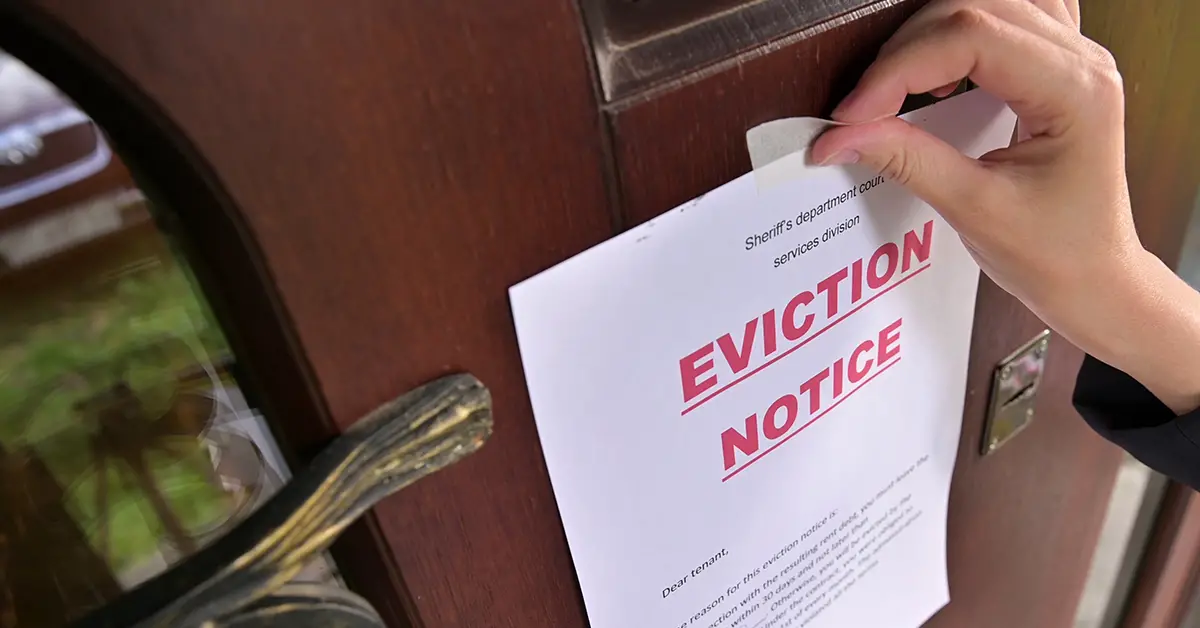
While searching for a rental home, the type of landlord you’ll have is important to consider. Is it better to rent from large landlords that own many properties, or small “mom-and-pop” landlords that may own just a couple of places?
With rising inflation and the effects of the pandemic still with us, many renters may fall behind on rent at some point. When this happens, the household is at risk of getting evicted.
So, landlord eviction rates are an important part of the decision for many renters.
The Facts
According to research about landlords in Boston by the Urban Institute, large landlords are 186% more likely to file evictions than small landlords. Large landlords were also 93% more likely to file over nonpayment of rent, compared to small landlords.
Although these findings are from a study in Boston, the results are typical of many large cities around the country.
Large landlords also evict tenants at high rates when they buy buildings. Eviction filing rates quadrupled in the year that buildings were bought by large landlords in Boston. Eviction rates at these properties then stayed higher than before the purchase.
Large landlords make up the bulk of “serial eviction filers.” This means that they repeatedly file for eviction to collect rent and fees, rather than to remove the tenant. Eviction filings by Large landlords are 161% more likely to be serial filings than those done by Small landlords.
Small landlords are far more likely to work with tenants who are behind on rent, and far less likely to evict than large landlords.
Who Are These Landlords?
Large landlords own many properties. In Boston, a large landlord operates an average of 55 different properties. Large landlords in that city make up 1% of landlords, but own over one-third of the rentals.
Small landlords, on the other hand, own only one-to-four properties on average.
Large landlords tend to not live near their rental properties. Small landlords, however, often live in the same properties as their tenants, or nearby. This means that small landlords usually know their tenants personally and will work with them to avoid eviction.
Large landlords own their rental properties through many shell companies. This makes it hard to find out who actually owns their apartment buildings. Small landlords generally own as sole proprietors, and not as a company.
Large landlords hire management companies to run their properties. Small landlords manage and maintain their own properties. Landlords with property managers and those structured as companies were 22%-41% more likely to file for eviction than those who managed their own properties.
Small landlords were more likely to have properties in wealthier neighborhoods than large landlords in Boston. There was no difference in the racial makeup of the neighborhoods.
In Conclusion
Altogether, renters at risk of falling behind on rent may have a better experience renting from a small landlord instead of a large landlord.
